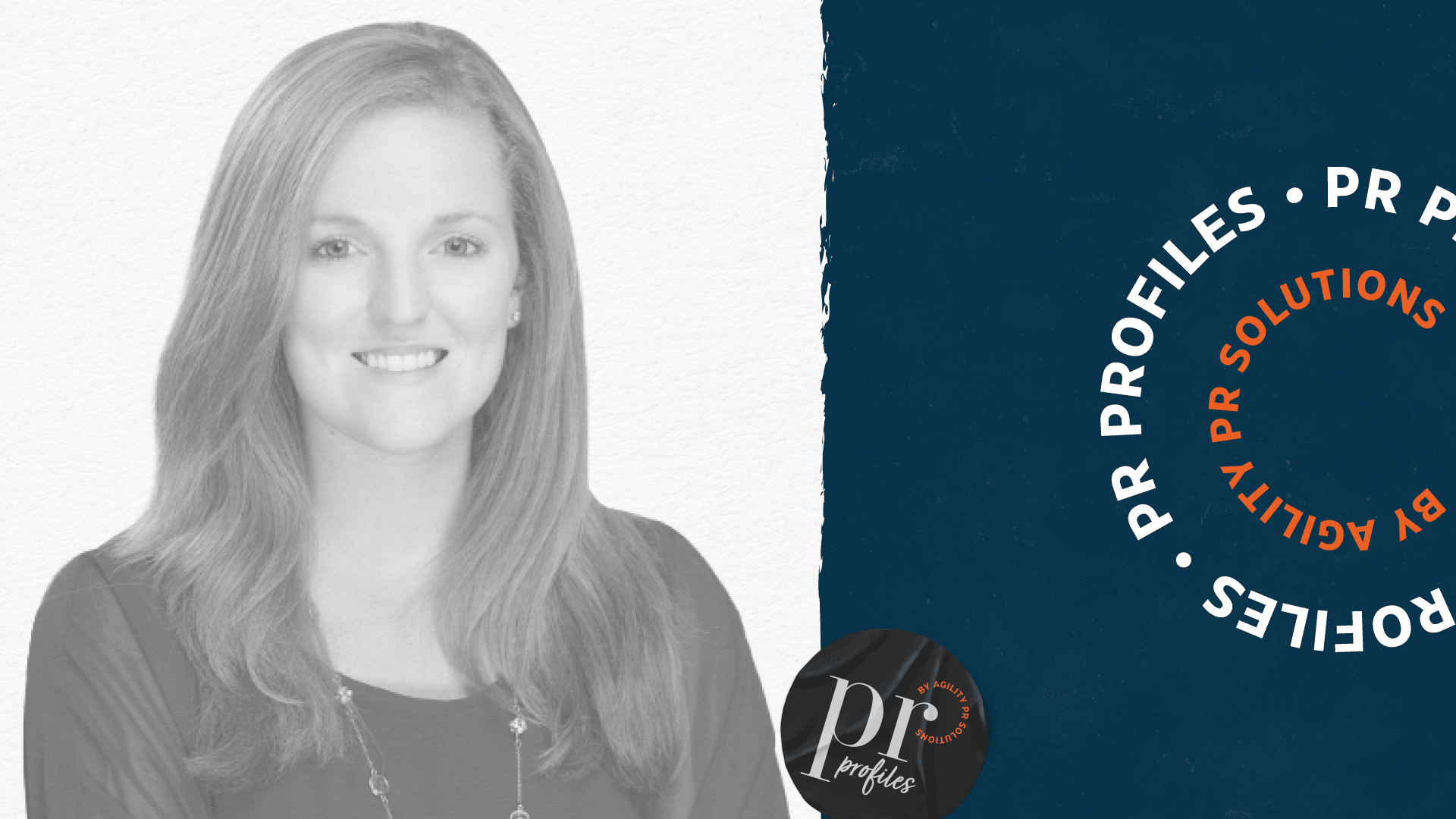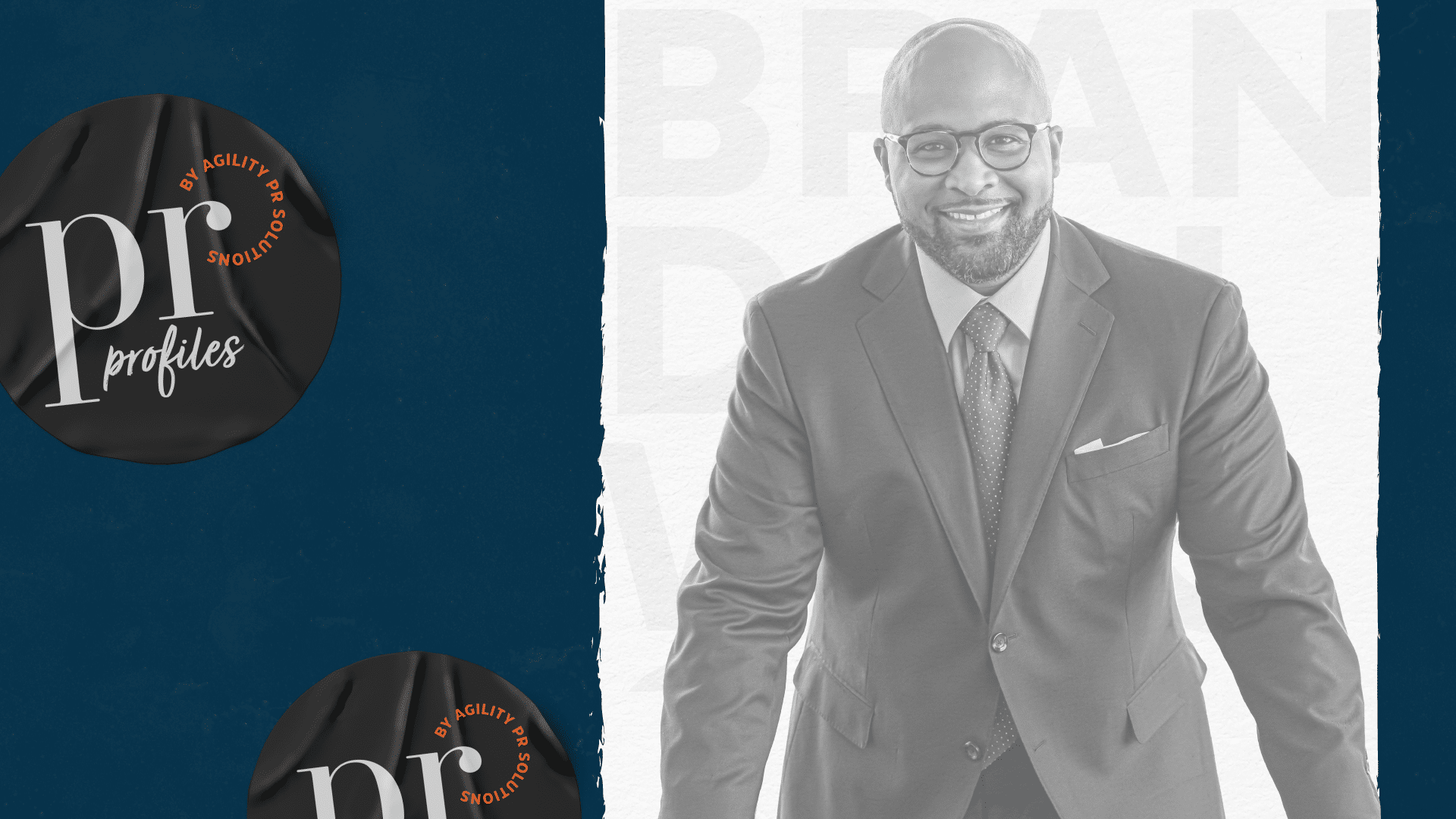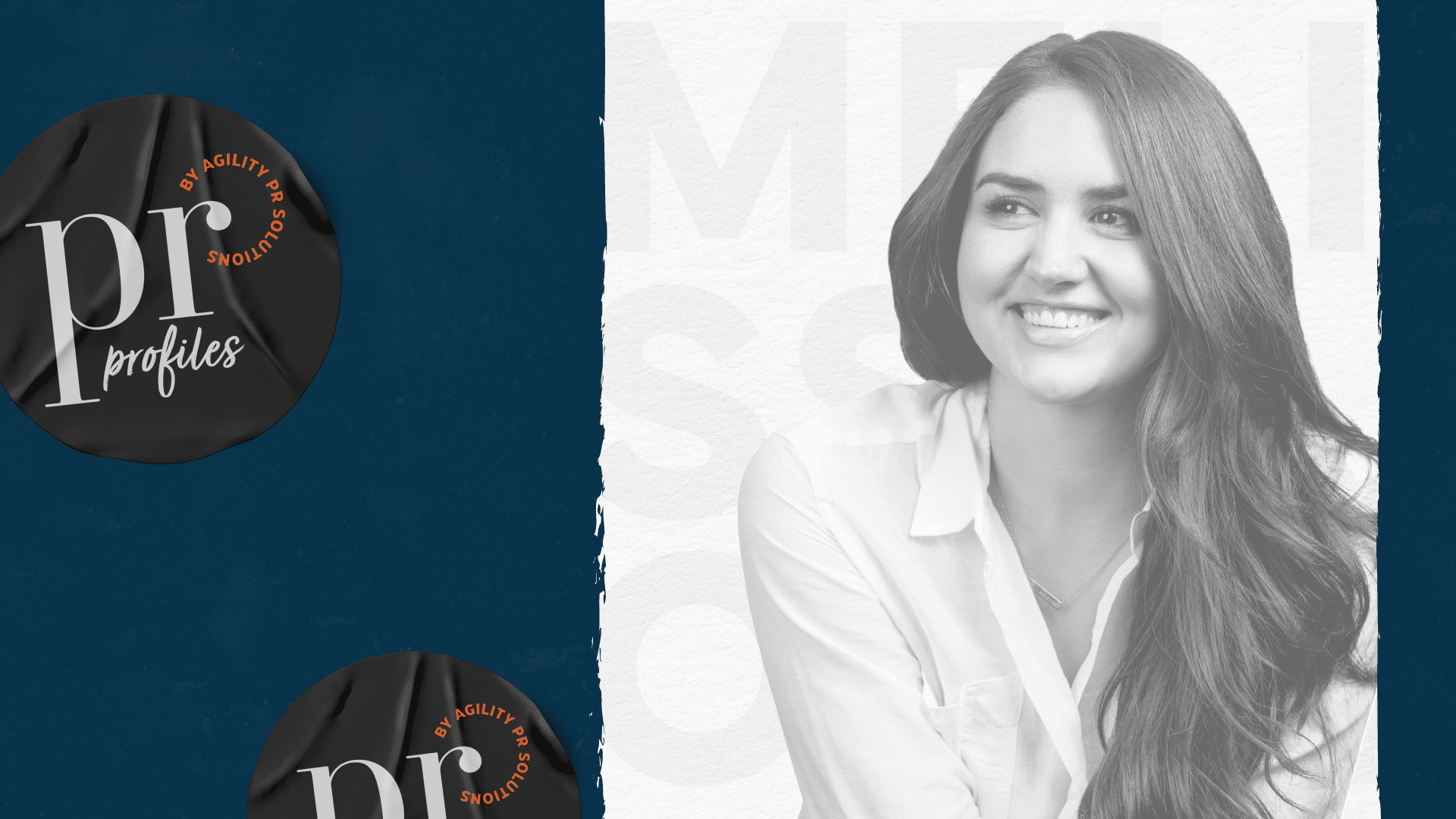The importance of social responsibility and the four bottom lines of business
When asked in her PR Profiles interview about the establishment of her social impact agency, Jarel Communications, Wendy J. Roundtree reflects on a recurring pattern of service that has shaped her life.
“Growing up, I remember calling the news ‘Bad News’ because it was so negative,” says Wendy. “Even at a young age, I knew I wanted to do something to tell good stories.” Wendy’s upbringing also fostered a culture of service and volunteering. “My mom was always either collecting clothes to donate or cooking for someone in the church.”
The pattern followed her again through university. “Our motto at Bethune-Cookman University was ‘Enter to learn. Depart to serve’. At my graduate program at Rollins College, the motto was, ‘Let there be light’.” This guiding principle carried over into her professional journey, spanning across various positions at agencies, non-profit organizations, and even the eighth largest school district in the US. Throughout her career, Wendy consistently found herself working with clients or accounts that focused on bringing attention to and uplifting stories that were often overlooked.
The pattern culminated in Jarel Communications and Wendy’s vision for an agency that focused on stories that would inspire positive change and action. As such, Wendy and the Jarel team are strategic about their client partners. She relates her process at Jarel to a doctor running tests before diagnosing a patient. “We take the same level of precision and research to diagnose the issue before we jump into the work. We want to see our clients successful, and we want to make sure that their message is getting across because they’re working in spaces where they’re looking for change. And so, we want to be intentional, we want to be strategic, and we want to be targeted about the way we approach the work.”
Wendy’s process considers the multiple bottom lines of the client: profit, people (employees), planet, and community. When the PR campaign or initiative does not consider all four lines, Wendy says understanding falls apart and the result can hurt the client’s reputation. She adds, “When there’s a lack of understanding, you have teams that feel pressured to put together a plan, and it comes off like a checklist. When you roll out this checklist, employees are confused, your audience is confused, and no one knows where it comes from.”
Wendy’s advice on how to avoid this confusion and disconnection: “[The plan] has to tie back to purpose and why you exist, and it has to make sense, or else it will feel like you’re jumping on the bandwagon.” While some brands have started to move away from taking a stance on social justice and environmental issues, Wendy points out that research shows it’s integral to the success of organizations to build a culture and business that prioritizes its social responsibility.
“CSR is the umbrella term for the culture of the organization,” she says. “What values do we have that inform how we do business? How do we address social, economic, and environmental issues? What plans and policies do we have to ensure that our workplace is equitable? And with ESG, how are we measuring it? What’s our actual quantitative impact on society? All of these things work together for the good of the business, for the good of the people that serve your business, and then for the good of the community.”
The full interview with Wendy is available as a podcast on Spotify, Apple Podcast, and other major platforms.







